Does Lysine Work For Acne? The Answer Might Surprise You
Say ‘bye’ to those pesky pimples and slow down signs of aging with this organic compound.

Image: Shutterstock
Acne is one of the most common skin conditions that give sleepless nights to many, mostly teenagers and youngsters. But contrary to what is popularized on social media, is it okay to use lysine for acne? Lysine is one of the nine essential amino acids that although our body cannot synthesize, it plays a crucial role in tissue repair.
Lysine supplements are thought to help control acne but there is no sufficient data to back the claim. However, this amino acid can benefit the skin in several ways. This article explores whether using lysine is good for treating acne and its other benefits for the skin. Read on!
In This Article
What Is Lysine?
Lysine is one of the nine essential amino acids that the human body requires for growth and tissue repair. While the human body produces a few amino acids, it can’t produce lysine. Therefore, we have to consume lysine in the diet or as supplements.
It is available as L-lysine supplements, which is a biologically active compound of lysine (1). Foods like quinoa, lentils, tempeh, pumpkin seeds, soy, and pistachios are rich sources of lysine. Fish, chicken, and dairy products also contain lysine.
The United States Food and Drug Administration (FDA) has not approved the medicinal use of lysine. However, it continues to be a popular remedy in alternative medicine.
If you have acne that doesn’t seem to go away no matter what you do, chances are you have come across lysine as a possible treatment for acne. Read on to know if lysine is good for acne.
Key Takeaways
- Lysine is one of the nine essential amino acids the human body requires for growth and tissue repair.
- Lysine can treat cold sores and fever blisters caused by the herpes simplex virus type-1 (HSV-1).
- Lysine is available as pills and powders and as a part of herbal formulations.
Can Lysine Help Control Acne?
There is no scientific proof to support the efficacy of lysine for acne control and management. However, numerous beauty bloggers and YouTubers claim that using lysine may help with various skin problems, including acne issues.
Amino acids are crucial for maintaining cellular function. You need them for protein synthesis to support the muscles and cells. Lysine is one of the amino acids and is crucial for your overall health, and it may also benefit your skin in many ways.
Christina Pistone, a YouTuber, took lysine for acne and shared her experience in a video. She says “So I wasn’t having any breakouts on the left side of my face all on the right so I think it was just an imbalance there it’s been clearing up though I started taking this supplement called L-lysine and that has done wonders in about three days (i).”
How Lysine May Benefit Your Skin?
Lysine plays a vital role in boosting overall health and better skin in humans. Here are some advantages of using this essential amino acid:
1. Prevents Signs Of Aging
Lysine is the building block for collagen – a protein that provides structural support to our bones, connective tissues, skin, and muscles. Collagen plays a key role in preventing wrinkles, dry skin, and bone fractures (2). It acts as a binding agent for the skin and helps heal wounds faster.
Our bodies produce lesser amounts of collagen with age, and our skin starts to lose its firmness and elasticity. As a result, our skin becomes less capable of renewing and repairing itself, leading to the gradual appearance of wrinkles. Consumption of adequate amounts of lysine may help keep the signs of aging at bay.
2. May Promote Wound Healing
Collagen synthesis is crucial for wound healing as it provides strength to the healing tissue (3). Lysine stimulates collagen production, which may speed up the wound healing process.
3. Helps In Treating Cold Sores
Lysine is a popular alternative therapy for treating cold sores and fever blisters caused by the herpes simplex virus type-1 (HSV-1). The virus triggers the development of cold sores in people with a compromised immune system. It can reduce the occurrence, severity, and healing time for recurrent cold sores (4).
 Did You Know?
Did You Know?You may not find lysine as an ingredient in many supplements. However, it is available separately. It is not advisable to take any supplements without consulting a doctor as it may worsen your condition and lead to other health complications.
However, dietary lysine may not have a damaging impact on your health. The next section explains the amount of lysine your body may need for adequate functioning.
How Much Lysine Do You Need?
The estimated RDI (Recommended Dietary Intake) for lysine is (6), (7):
- Infants (age 3-4 months): 103 mg/kg per day
- Children ( age 2 years): 64 mg/kg per day
- Children (age 10-12 years): 44 mg/kg per day
- Adults: 12 mg/kg per day
However, there is no information on the amino acid requirement for pregnant and lactating women. It is better to stay on the safe side and avoid using it.
Up to 3000 mg of lysine daily is likely safe for most people for up to one year. Before you start taking lysine supplements, do some research to understand its implications. Consult a doctor first. Here are a few ways you can use lysine for your skin health.
3 Effective Ways To Use Lysine For Skin
1. As Part Of A Balanced Diet
What we eat has a major impact on our skin health. One of the best ways to include lysine in your diet is through food rich in this essential amino acid. Red meat, fish, and dairy are rich sources of lysine (1).
However, there is no need to worry if you avoid animal products due to health or ethical reasons. There are plenty of plant-based foods that can provide you adequate amounts of lysine. Here are a few:
Fruits And Vegetables
- Apricots
- Mangoes
- Beets
- Avocados
- Pears
- Tomatoes
- Leeks
- Potatoes
- Eggplant
- All kinds of bell peppers
Legumes
- All kinds of soy-based products like soy milk, tempeh, and tofu
- Kidney beans
- Black beans
- Navy beans
- Chickpeas
- Edamame
- Fava beans
- Adzuki beans
- Lima beans
- All kinds of lentils
Nuts And Seeds
- Pumpkin seeds
- Macadamia nuts
- Pistachios
- Cashews
- Pine nuts
- Brazil nuts
- Sesame seeds
- Chia seeds
- Almonds
- Hemp seeds
Grains
- Quinoa
- Buckwheat
- Amaranth
While incorporating lysine-rich foods, it is also important to be mindful of foods that cause acne, such as high-glycemic foods and dairy as they might trigger breakouts.
3. Lysine Supplements
Lysine is readily available as pills and powders and as a part of herbal formulations. However, avoid self-supplementing. If you want to take a lysine supplement, please consult your doctor for professional guidance. Your body needs other nutrients to absorb lysine, including B vitamins, vitamin C, and iron. Whole foods have an advantage over supplements for this reason.
Remember, lysine supplements aren’t subject to FDA monitoring, so consider NSF-certified suppliers if you choose to buy any.
4. Topical Lysine Ointments
Lysine creams and ointments can be used for topical application on the skin. These creams are mainly formulated to heal the symptoms of cold sores caused by the HSV-1 virus.
Applying lysine creams may speed up healing and eliminate burning, itching, tenderness, and blistering caused by cold sores, but no good scientific evidence is available to support this claim yet.
 Quick Tip
Quick TipWhile dietary lysine may not affect your health, an unregulated intake of lysine supplements may cause serious side effects.
Does Lysine Have Any Side Effects?
Some reports suggest that lysine supplementation can cause diarrhea, abdominal pain, kidney disease, or calcium absorption problems, in addition to the following:
1. Allergic Reactions
Excess intake of lysine supplements can cause allergic reactions like swelling around the lips and tongue and difficulty in breathing.
2. Interactions With Medicines
Unless recommended by a doctor, you should not take lysine supplements with prescription medicines, especially antibiotics.
3. Usage During Pregnancy
Expectant mothers are advised not to take lysine as there is insufficient evidence regarding how lysine may affect pregnant women and their fetuses. Nursing mothers should also avoid taking lysine without asking their doctor.
4. Risk Of Heavy Metal Poisoning
The FDA doesn’t monitor lysine supplements. As a result, supplements formulated by unregulated manufacturers come with the risk of heavy metal contamination. Taking these contaminated supplements will adversely affect your health.
Given that the regular ingestion of lysine supplements carries the risk of negative side effects, is it safe to take lysine often? Read on to find out.
How Often Can You Take Lysine?
Do not take lysine supplements without medical supervision. If you are taking lysine under your doctor’s advice, follow their dosage and frequency guidelines religiously.
Lysine is one of the beneficial and renowned amino acids for skin and is obtained through high-protein foods or supplements. It is responsible for several bodily functions. Lysine is popularly used in alternative medicine to treat acne. While there is no scientific evidence to support the effectiveness of lysine for acne control, many proponents believe it may boost the wound healing process and prevent skin aging. Excess intake of lysine supplements may cause an allergic reaction or interact with other medications. Pregnant women and lactating mothers should consult a doctor for the appropriate dosage before taking lysine supplements.
Frequently Asked Questions
Does lysine make you gain weight?
Yes, incorporating a proper amount of lysine along with a proper diet may cause linear weight gain. However, incorporating a high dosage of lysine with a low-protein diet may also cause adverse effects on body weight, that is it may lower body weight and cholesterol levels, hence it is recommended that you consult a doctor before taking any lysine supplement (8), (9).
How long does it take for lysine to work?
It takes a minimum of one week to 15 days for lysine to start showing its effects on cold sores. For wound healing, it depends on the size and varies from person to person.
Does lysine help with hormones?
Yes, lysine may help with producing hormones, enzymes, and antibodies.
Can L-lysine make you break out?
No, L-lysine does not trigger breakouts. In fact, it is claimed to help manage acne and breakouts. However, there is no quality research to support these claims.
Is lysine good for the skin?
Yes, lysine is good for the skin. It helps build collagen in the skin and improves skin health. However, you should not take any lysine supplements without medical supervision.
Check out this video to know whether lysine helps with reducing the appearance of acne scars. Learn from the creator’s experience of using it for two weeks, and her concluding thoughts about this supplement.
Personal Experience: Source
StyleCraze's articles are interwoven with authentic personal narratives that provide depth and resonance to our content. Below are the sources of the personal accounts referenced in this article.
(i) Clearing Hormonal Acne Naturally | L-Lysine for Acnehttps://www.youtube.com/watch?v=0avKRM1qShc
References
Articles on StyleCraze are backed by verified information from peer-reviewed and academic research papers, reputed organizations, research institutions, and medical associations to ensure accuracy and relevance. Read our editorial policy to learn more.
- Lysine
https://pubchem.ncbi.nlm.nih.gov/compound/Lysine - Lysine post-translational modifications of collagen
https://www.ncbi.nlm.nih.gov/pmc/articles/PMC3499978/ - Factors Affecting Wound Healing
https://www.ncbi.nlm.nih.gov/pmc/articles/PMC2903966/ - Success of L-lysine therapy in frequently recurrent herpes simplex infection. Treatment and prophylaxis
https://pubmed.ncbi.nlm.nih.gov/3115841/ - L-lysine: Its antagonism with L-arginine in controlling viral infection. Narrative literature review
https://pubmed.ncbi.nlm.nih.gov/35723628/# - Protein and Amino Acids
https://www.ncbi.nlm.nih.gov/books/NBK234922/ - Estimates of Amino Acid Requirements
https://www.ncbi.nlm.nih.gov/books/NBK234922/table/ttt00008/?report=objectonly - Improved growth performance, food efficiency, and lysine availability in growing rats fed with lysine-biofortified rice
https://www.ncbi.nlm.nih.gov/pmc/articles/PMC5430985/#:~:text=Up%20to%20now%2C%20many%20studies,dietary%20amino%20acids44%2C%2045. - Dietary supplementation with L-lysine affects body weight and blood hematological and biochemical parameters in rats
https://pubmed.ncbi.nlm.nih.gov/30488372/
Read full bio of Dr. Farhaad Riyaz
Read full bio of Ramona Sinha
Read full bio of Anjali Sayee
Read full bio of Monomita Chakraborty







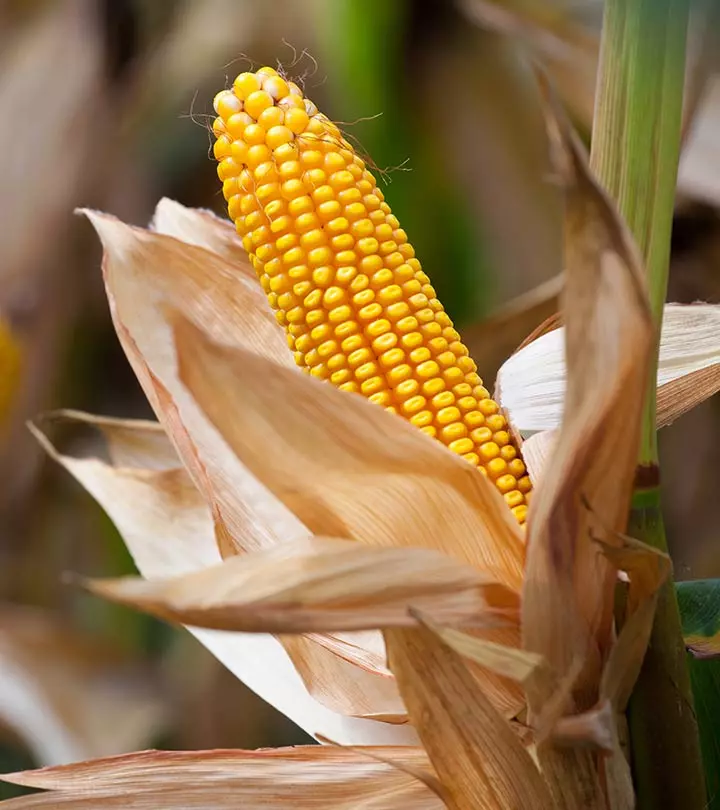
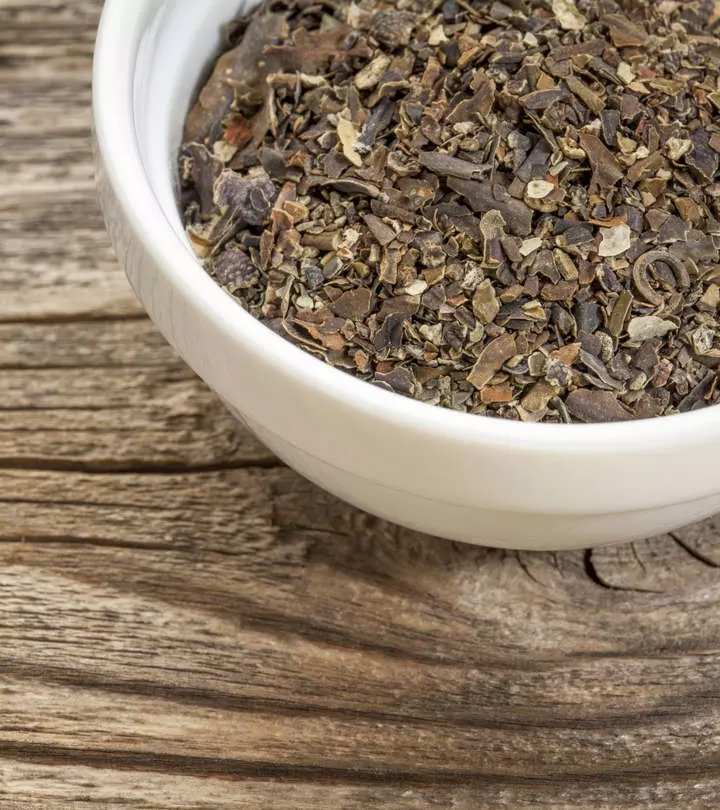
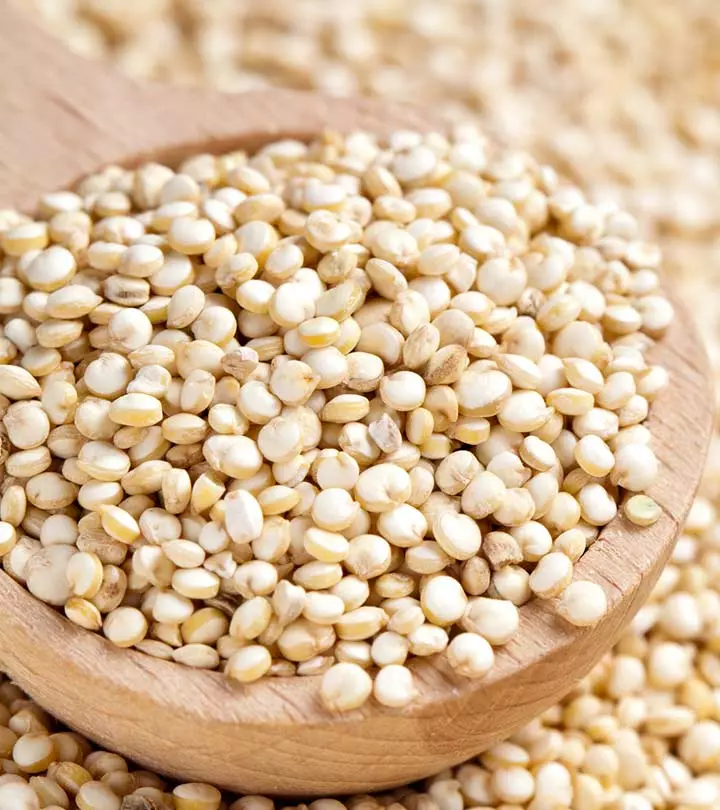

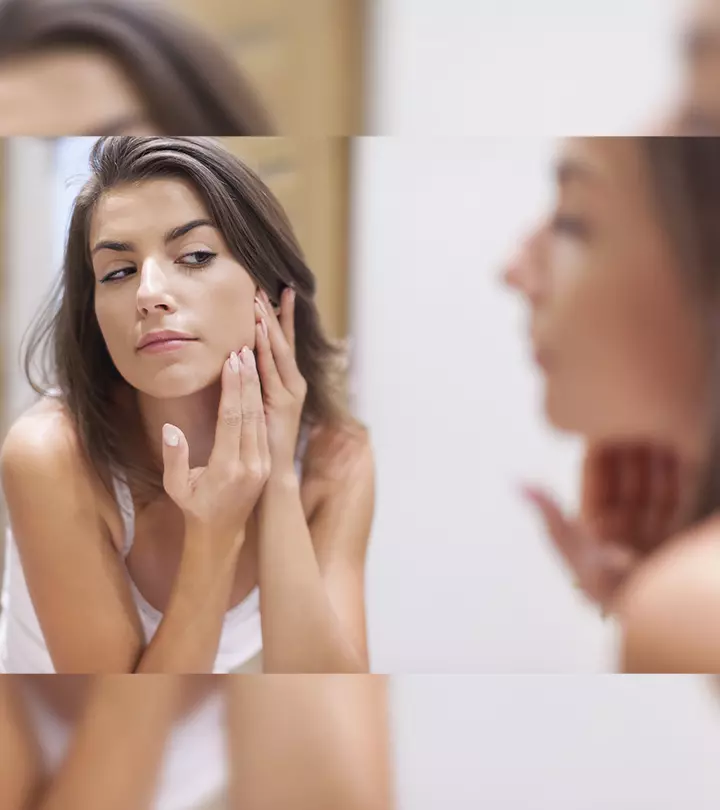
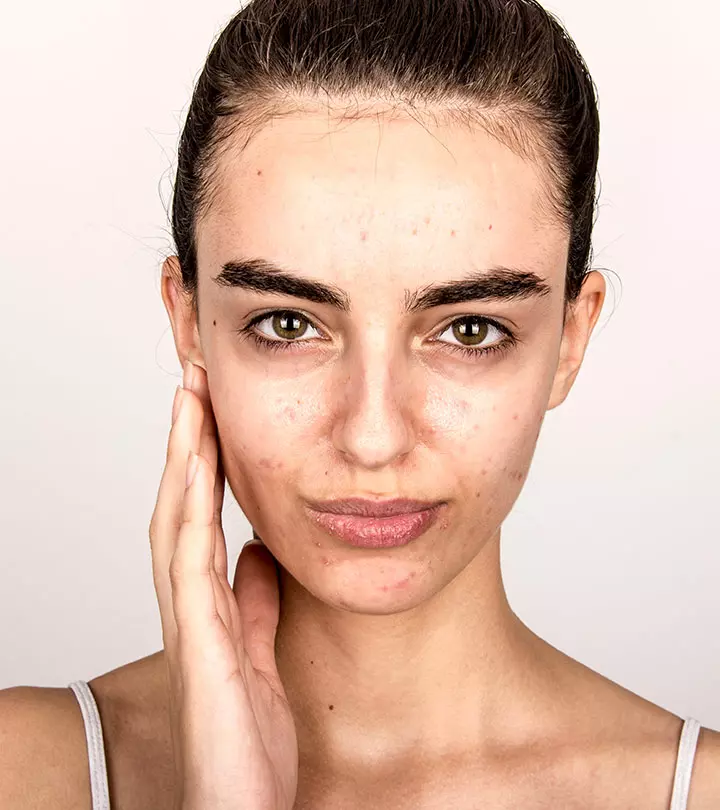
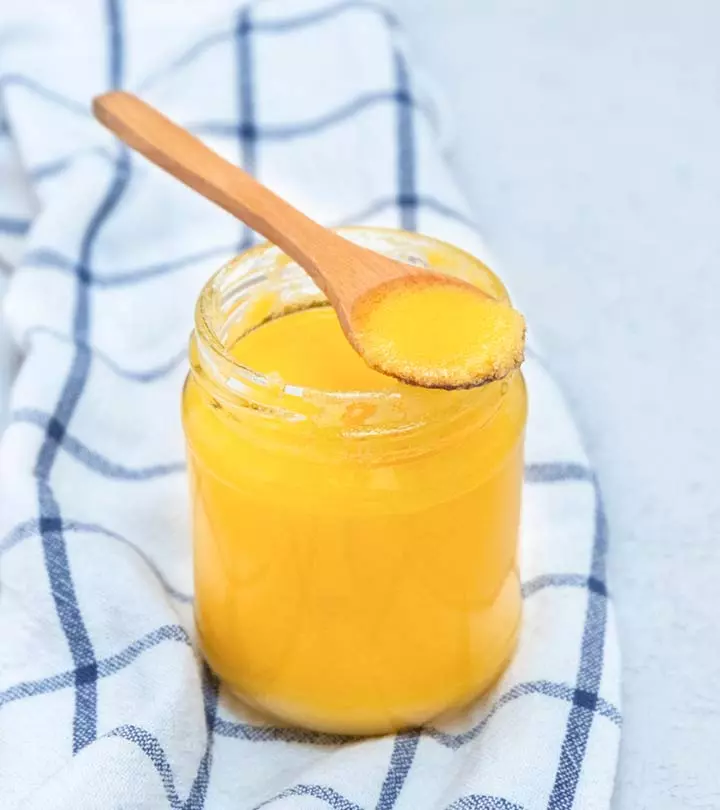
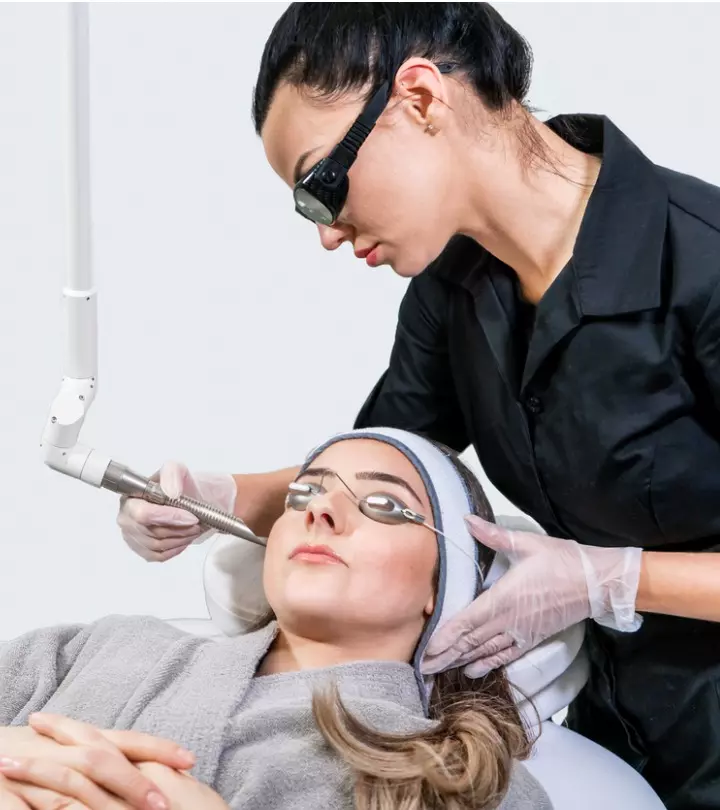
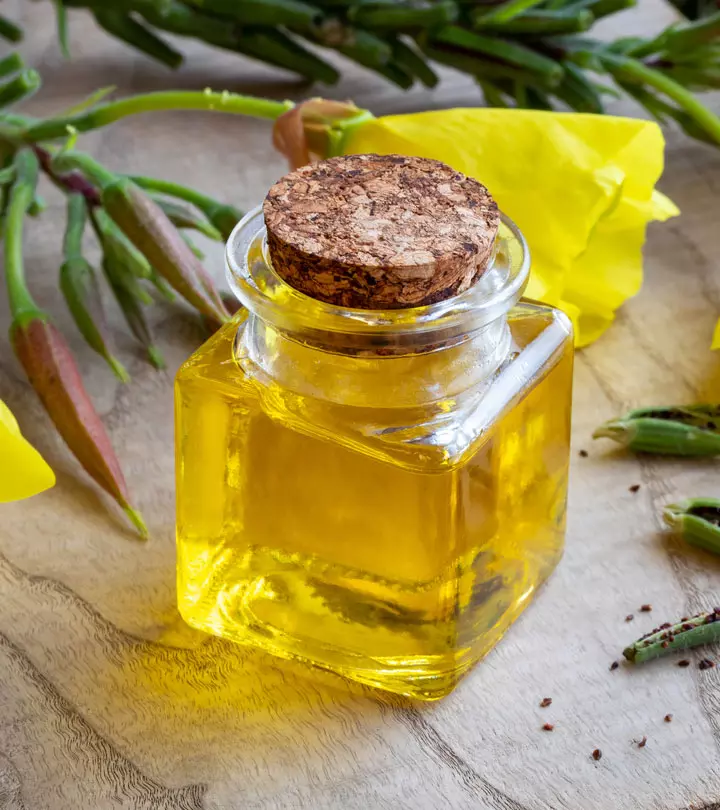
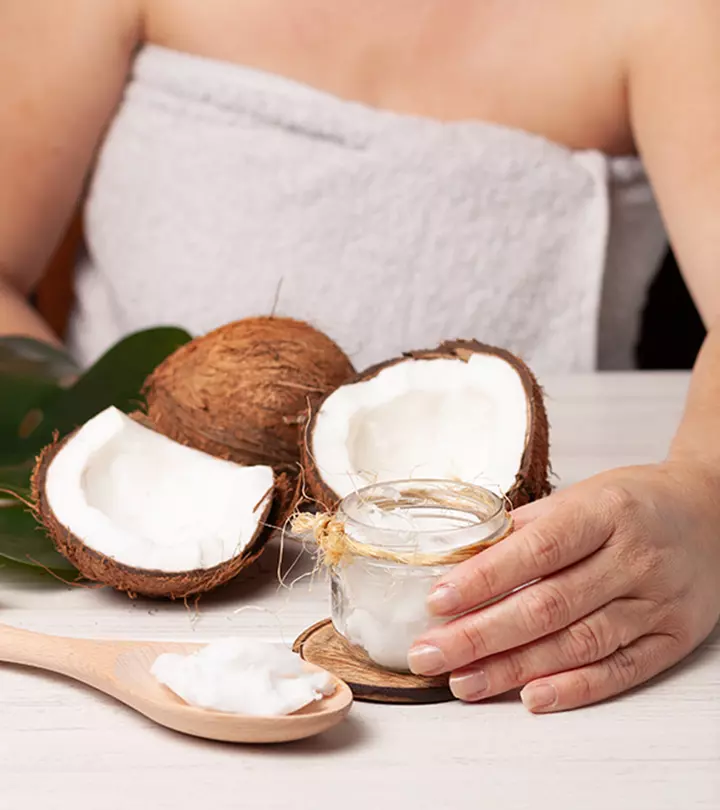
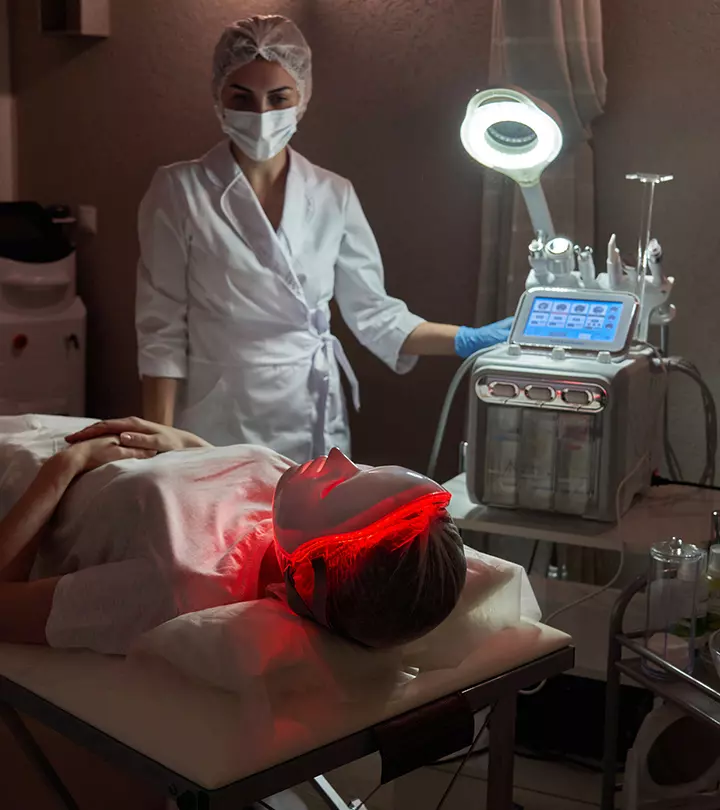
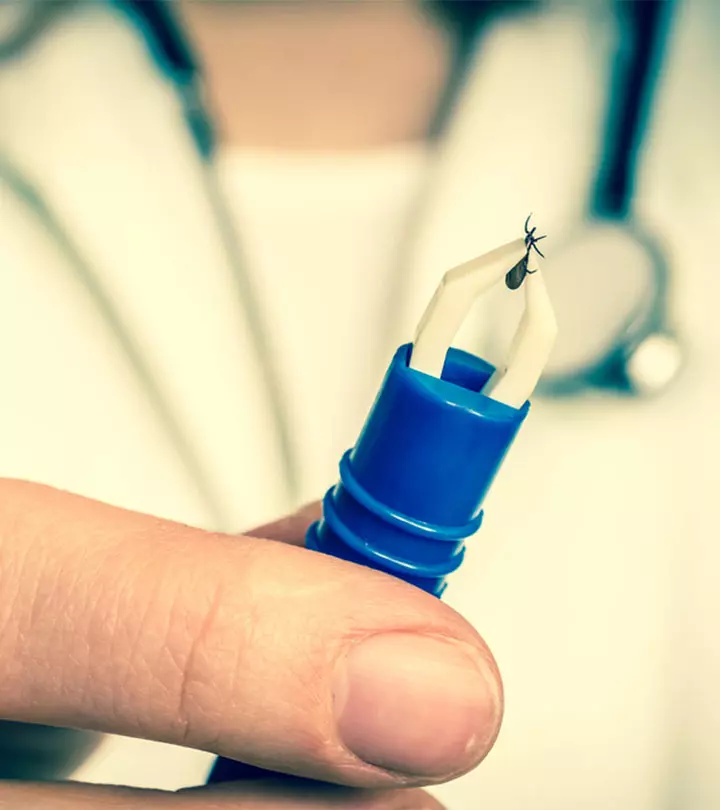
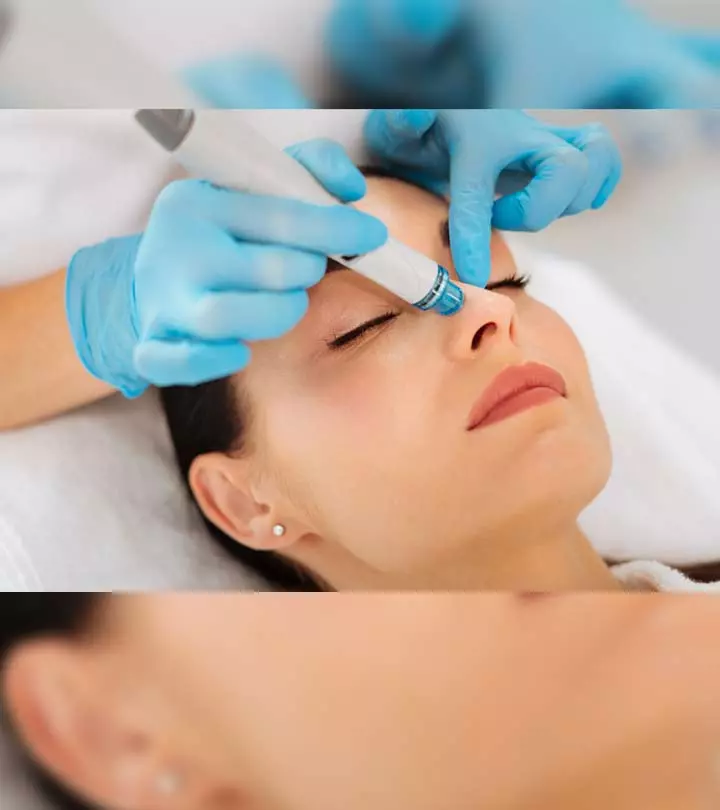
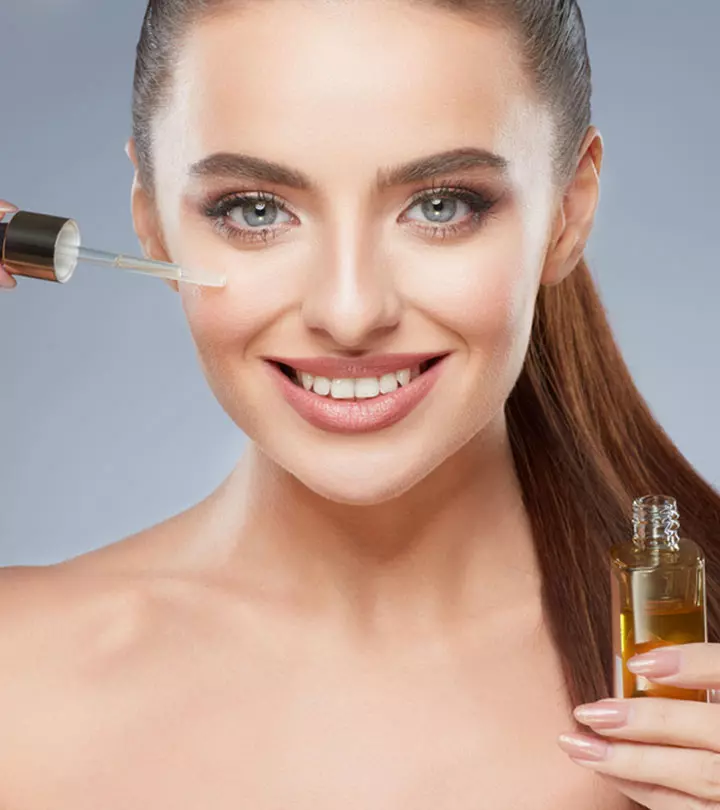


Community Experiences
Join the conversation and become a part of our empowering community! Share your stories, experiences, and insights to connect with other beauty, lifestyle, and health enthusiasts.